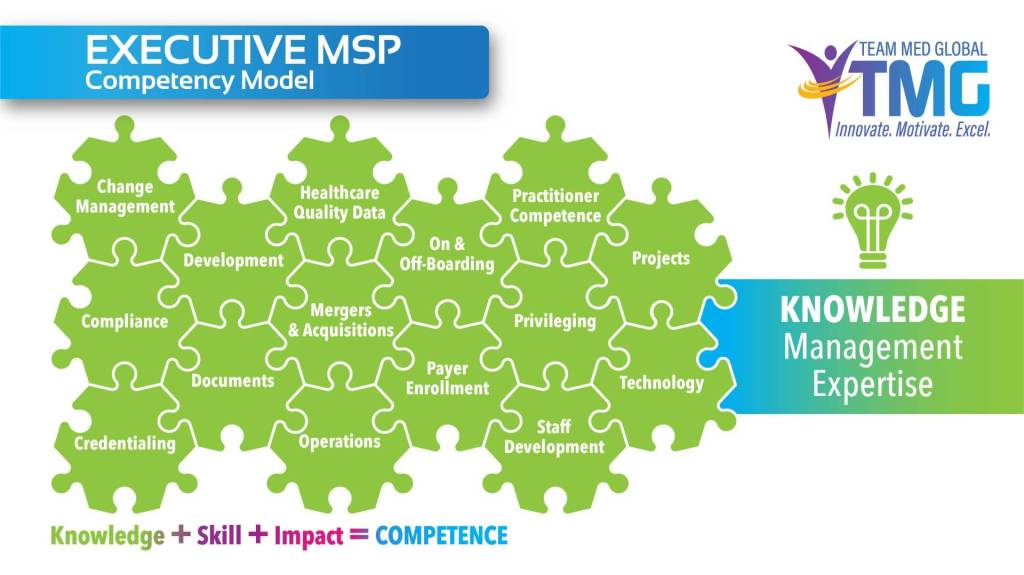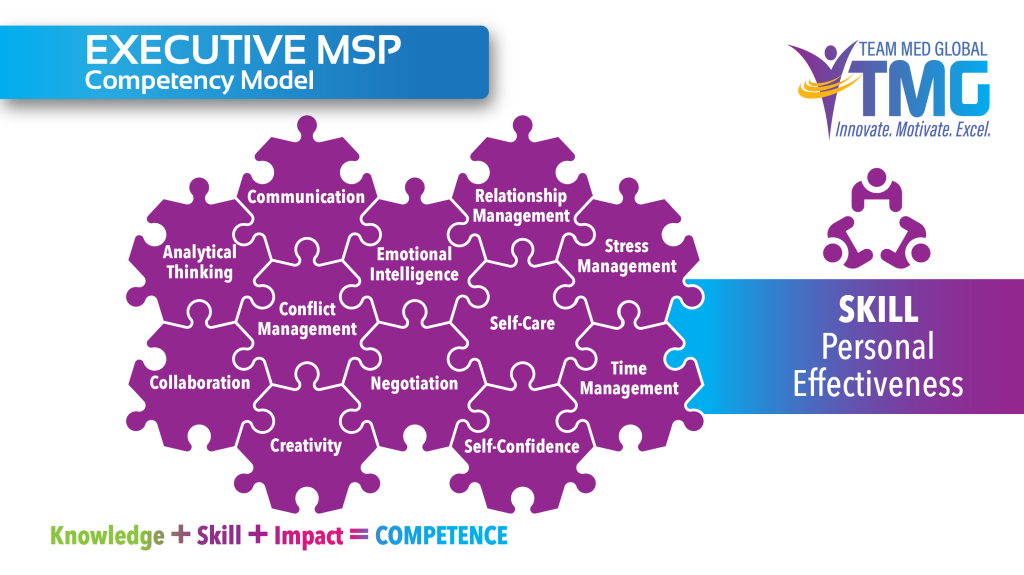 As MSPs, we pride ourselves on our grace under fire, our attention to detail, and our ability to serve a multitude of stakeholders. Given our integral role in the healthcare delivery system, it’s worthwhile to take a step back and reflect upon the “P” in MSP: what it means to be professional within medical staff services.
As MSPs, we pride ourselves on our grace under fire, our attention to detail, and our ability to serve a multitude of stakeholders. Given our integral role in the healthcare delivery system, it’s worthwhile to take a step back and reflect upon the “P” in MSP: what it means to be professional within medical staff services.
Professionalism across many parts of healthcare administration – from administrators to managers to frontline MSPs – has been on the decline over the past few years. Pandemic-fueled stress combined with remote and hybrid work schedules have taken a toll on basic workplace professional practices. When I’m in the field, I hear complaints from administrators and medical staff leaders that many staff members don’t return calls and answer emails in a timely manner, fail to have professional greetings in their voicemail, and don’t include their contact information in their email signature lines. While it’s easy to let best practices slide, it’s important that we MSPs hold ourselves to a higher standard.
I guarantee that team members, the executive team, and medical staff leaders notice when we are kind, when we quickly return calls and emails, and when we are generous with our time. When we present ourselves as professionals, we communicate that we are deserving of the sacred trust we are given as the gatekeepers of patient safety.
How we conduct ourselves in the workplace goes hand-in-glove with the other skills we bring to the table. Broadly speaking, there are two aspects of MSP professionalism: technical skills and soft skills.
Professionalism as Technical Skill Competency
Under the umbrella of technical skills, TMG’s Executive MSP Competency Model illustrates the realms of knowledge an MSP can master. While not every MSP is expected to have deep expertise in every skill area, the Competency Model is helpful in understanding the big picture of technical professionalism.

MSP Professionalism as Soft Skill Competency
The second aspect of MSP professionalism can be broadly called “soft skills.” A more precise characterization is “personal effectiveness.” Being adept at communication, for example, runs the gamut from professionalism basics like including contact information in your email signature line and returning phone calls in a timely manner to more advanced skills, such as mediating conflict among team members. TMG’s Executive MSP Competency Model illustrates skills associated with personal effectiveness. As we continue to develop these soft skills over the course of our careers, we increase our professionalism and become more effective in our roles.

Professionalism in Practice
How we show in the workplace reflects on our profession as a whole and impacts how our performance is evaluated. Healthcare administrators, medical staff leaders, and other MSPs recognize who is at the top of their game when it comes to technical skills and who can supply the soft skills that are crucial to ensuring that a team is cohesive and effective. TMG’s EMSP Professional Development Creed exemplifies our professionalism in action:
- I accept patient safety as my top priority.
- I demonstrate effective leadership.
- I develop and implement an impactful career plan.
- I continually pursue educational opportunities.
- I achieve mastery in my professional skills.
- I commit to self-care so that I can be of service to others.
- I exemplify competence in all areas of work.
- I leverage technology to increase my productivity.
- I find creative solutions to difficult problems.
- I embrace and drive positive change.
- I value cooperation over competition.
- I support the community of MSPs in learning, growing, and thriving.
TMG provides MSPs with a myriad ways to develop and maintain professionalism. Our live webinars, on demand webinars and certificate programs support MSPs on their professional journey.

